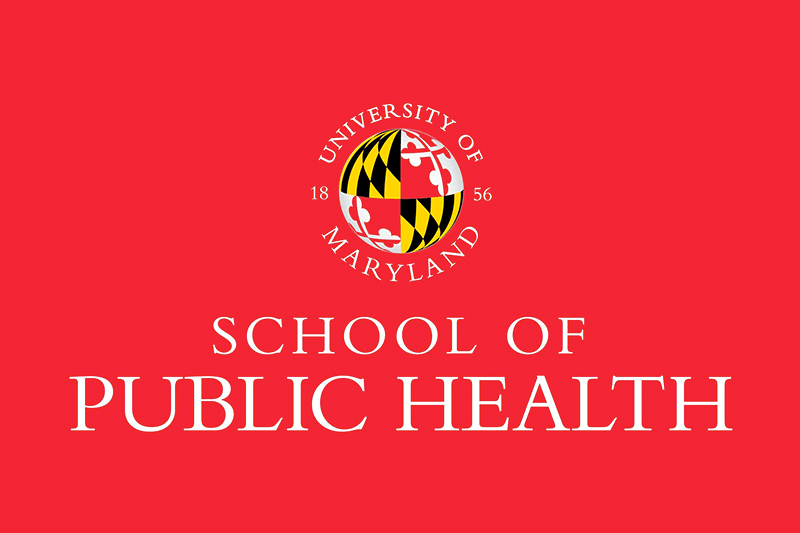
As Taehyun Kim, Ph.D. ’24, began her doctoral studies at the University of Maryland Department of Health Policy and Management, women’s reproductive rights faced dramatic shifts around the world.
In 2019, Kim’s home country of South Korea ruled its 66 year-long abortion ban unconstitutional. Then in 2022, the U.S. Supreme Court struck down Roe v. Wade, a case that protected women’s right to an abortion for nearly five decades.
Despite these polarizing changes, the fifth year doctoral student continues to pursue her long-held interest in the field and recently published a study with her advisor Associate Professor Michel Boudreaux and alumnus Dan Marthey, Ph.D. ’22, on the impact of contraceptive access reform in Delaware.
Below, Kim shares why she decided to study health policy and management, how she overcame stigma around abortion research and how her research on contraception and abortion access could impact state and national health policies.
What inspired you to pursue your doctoral degree in health policy and management?
While earning my master’s degree in industrial and systems engineering from Korea Advanced Institute of Science & Technology (KAIST), my research lab worked on the optimization of healthcare systems such as ambulance dispatch systems. If a certain place has a lot of ambulance calls—and if you dispatch the closest base—then there might not be an ambulance available for really urgent calls. It was really complicated modeling, and then I thought, “If we could address the root cause of why certain places have more calls and work on it, then this complicated model will not be needed …” I wanted to learn more about how health systems work.
How did you go from this area of research to contraceptive access reform?
Reproductive health policy was always my passion. When I was in Korea there was a lot of activism on the abortion ban. Social debate was going on, and then the proposal to lift the ban was brought to the Constitutional Court of Korea. It was all happening when I was applying to this program.
I was hesitant to do research on abortion and contraception. Even though reproductive health policy is my passion, I was worried it would be unsafe to have the label of "abortion researcher,” if there would be a career path for a reproductive health researcher and if there would be demand for such research.
Over time, I learned that it is different in the U.S. There is a vibrant scholarly community with hundreds of researchers and several journals focusing on reproductive health. I also learned there is a lot of public interest and demand for research on reproductive health policy in the U.S.
What did you find during your recent study on contraception access reform?
The Department of Health Policy and Management is a part of the Delaware Contraceptive Access Now (DelCAN) evaluation project. DelCAN started due to Delaware having high rates of unintended births. DeICAN was designed to improve access to contraceptives, including long-acting reversible contraceptives (LARCs).
This study looked into the effects of the DelCAN project on abortion rates. Previous research found DelCAN increased contraceptive access and the use of more effective contraceptives like LARCs. Our hypothesis was that if DelCAN increased access to contraception, then unintended pregnancy would decrease and abortion would decrease. But we found no statistically significant evidence that the program reduced abortion rates.
DelCAN did not intend to reduce abortion. However, data on unintended pregnancies is limited, and that's why we used abortion rates as a proxy for unintended pregnancies. About 95% of abortions are from unintended pregnancies.
Why do you think the program did not reduce abortion rates?
There are a lot of possible explanations. Maybe DelCAN’s effects on contraceptive access were not large enough, or maybe the people who increased their use of contraception wouldn’t have obtained an abortion anyways. Also, it is possible that abortions were reduced for some specific subgroups, like younger women or women of different racial or ethnic identities. Unfortunately, in our study we only observed the overall abortion rate and not rates by subgroup.
How do you hope your research will impact health policy?
Our DelCAN paper can help others understand what to expect when designing this kind of contraception access program. We also think our paper suggests some broader insights about the relationship between contraception and abortion. Programs like DelCAN could effectively increase access to contraception. But how that increased access translates into outcomes, such as actual contraceptive use or having and terminating unintended pregnancies, would be affected by each patient’s autonomy and interpersonal and social interactions. Abortion is an important part of the reproductive health care continuum and is not simply a substitute for contraceptive care.
My dissertation examines another facet of abortion care in the U.S. I am studying the impact of Medicaid coverage for abortion services. The federal Hyde Amendment prohibits federal money from being spent on abortions, which has large implications for the millions of people who get health coverage from Medicaid. Only 17 states cover abortion with their Medicaid programs and they do it using only state funding. My dissertation is looking into the health effects of providing or not providing abortion coverage. Three states [Illinois, West Virginia, and Maine] recently changed their coverage policies to cover abortion. I am examining what happened when those states changed their policy.
My research shows there are two more abortions per thousand females if their state provides Medicaid coverage for abortion. In the case of Illinois, that translates to 5,000 more abortions per year. We know from other research that access to abortion has large and important benefits. Medicaid can play an important role in helping people access the care they need.
After receiving her Ph.D., Kim hopes to conduct similar research on reproductive health, abortion and contraception.
